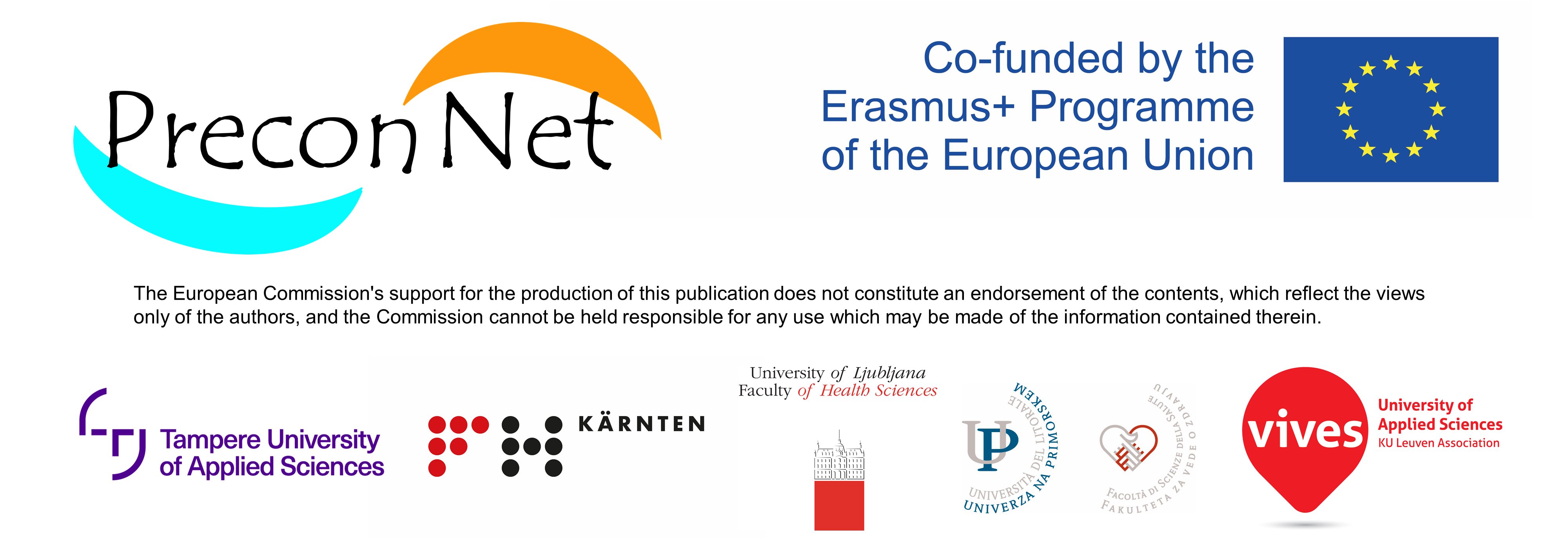The effect of body mass index on fertility
Deviations of body mass index (BMI), such as overnutrition and obesity may influence the health of women and men in relation to their reproduction.
The combination of unhealthy diet and the increased sedentary lifestyle are constantly increasing the numbers of obese population all over the world. Higher BMI levels are associated with several risk factors on the individual’s health, such as diabetes, high blood pressure and cardiovascular problems. Moreover, excess weight may impact individual’s fertility.
In women, high BMI leads to earlier onset of the puberty and abnormalities in menstrual cycle. In obese girls and women, some methods of oral contraception are less effective, also exposing them to greater risk for thrombosis. Obesity reduces the rates of fertility and may increase the risk of miscarriage. Moreover, polycystic ovarian syndrome is more frequent in obese women. Infertility is more often and chances for the success of assisted reproduction techniques are much lower.
Obesity negatively affects the reproductive health of men as well. It is known that obese men have reduced sperm quality and sperm concentration, leading to increased risk for infertility. The formation of sperm cells is negatively affected by obesity, also due to the increased temperature in scrotum. New evidence suggests male obesity affects the future generations by the sperm as a mediator. Moreover, parental lifestyle negatively influences the offspring by predisposing cardiovascular, immune, neurological and metabolic problems and may have implications on the growth and development of the offspring.
It is therefore important to be aware of the healthy lifestyle in the period before planning pregnancy, as it is a critical period that may influence the individuals future reproduction as well as result in consequences that may affect the future generations. Girls and boys as well as men and women should be encouraged to maintain a healthy weight, whereas counselling programmes have to be offered to obese individuals, emphasizing changes in the lifestyle, dietary restrictions and physical activity counselling.
Petra Petročnik, MSc Midwifery, Senior Lecturer
University of Ljubljana, Faculty of Health Sciences, Slovenia

 Previous Post
Previous Post Next Post
Next Post



